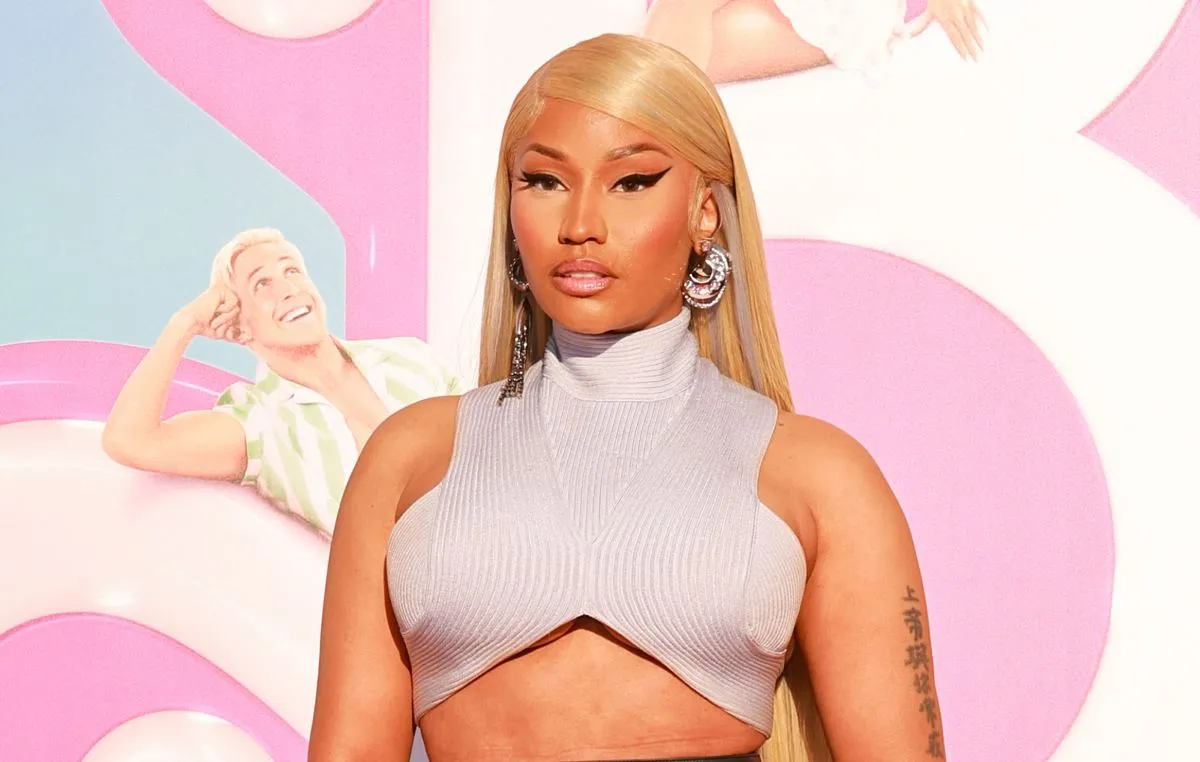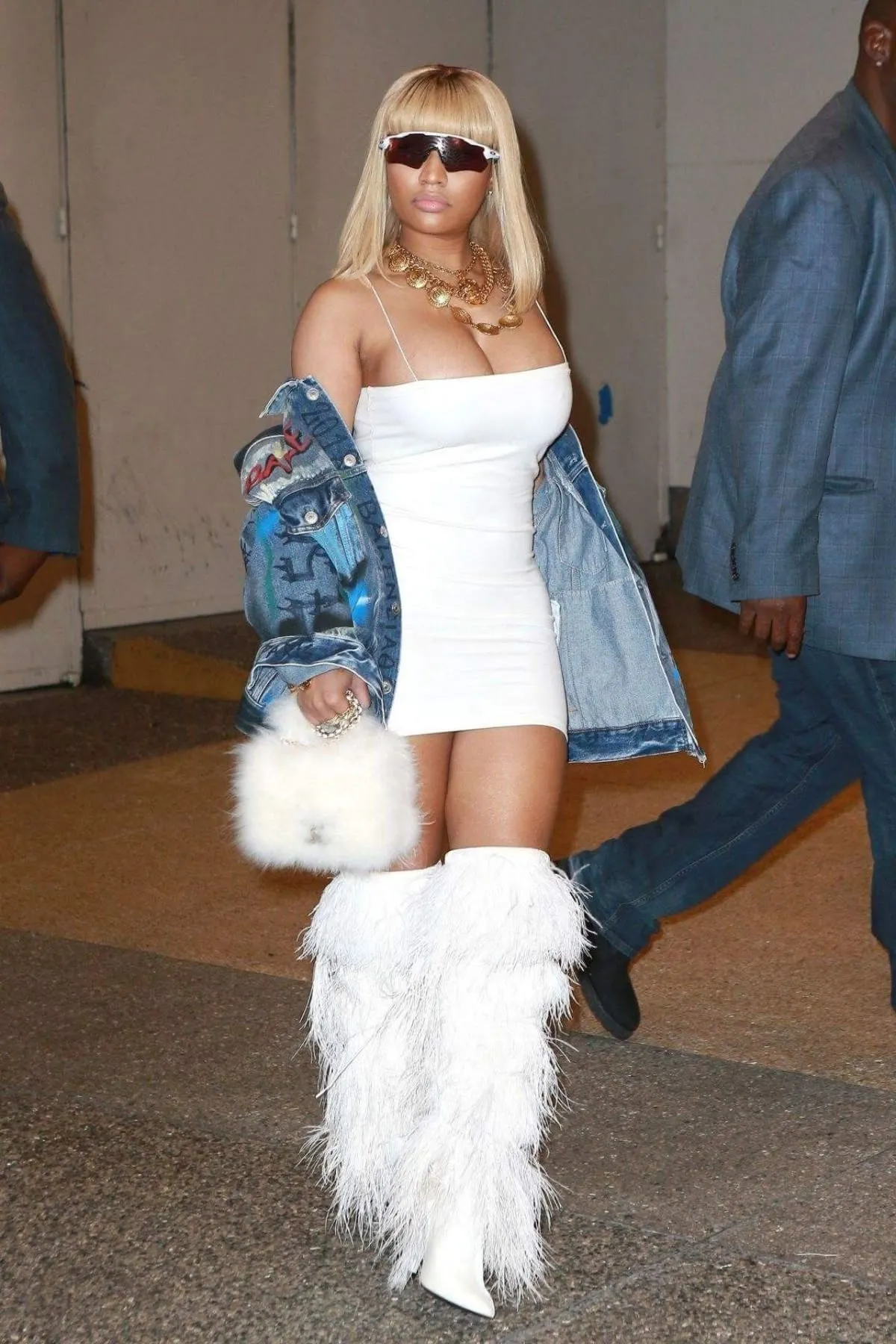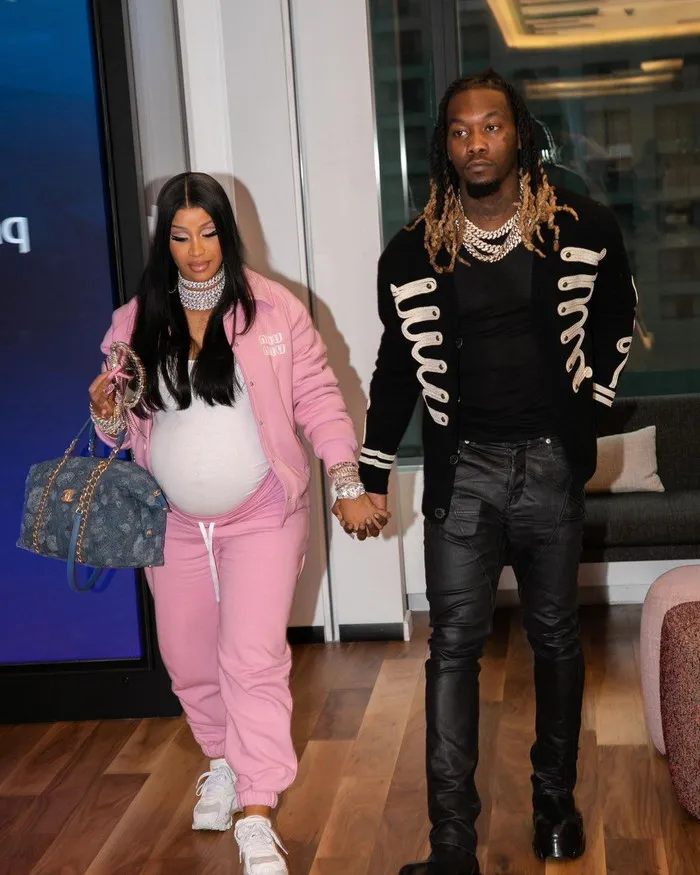
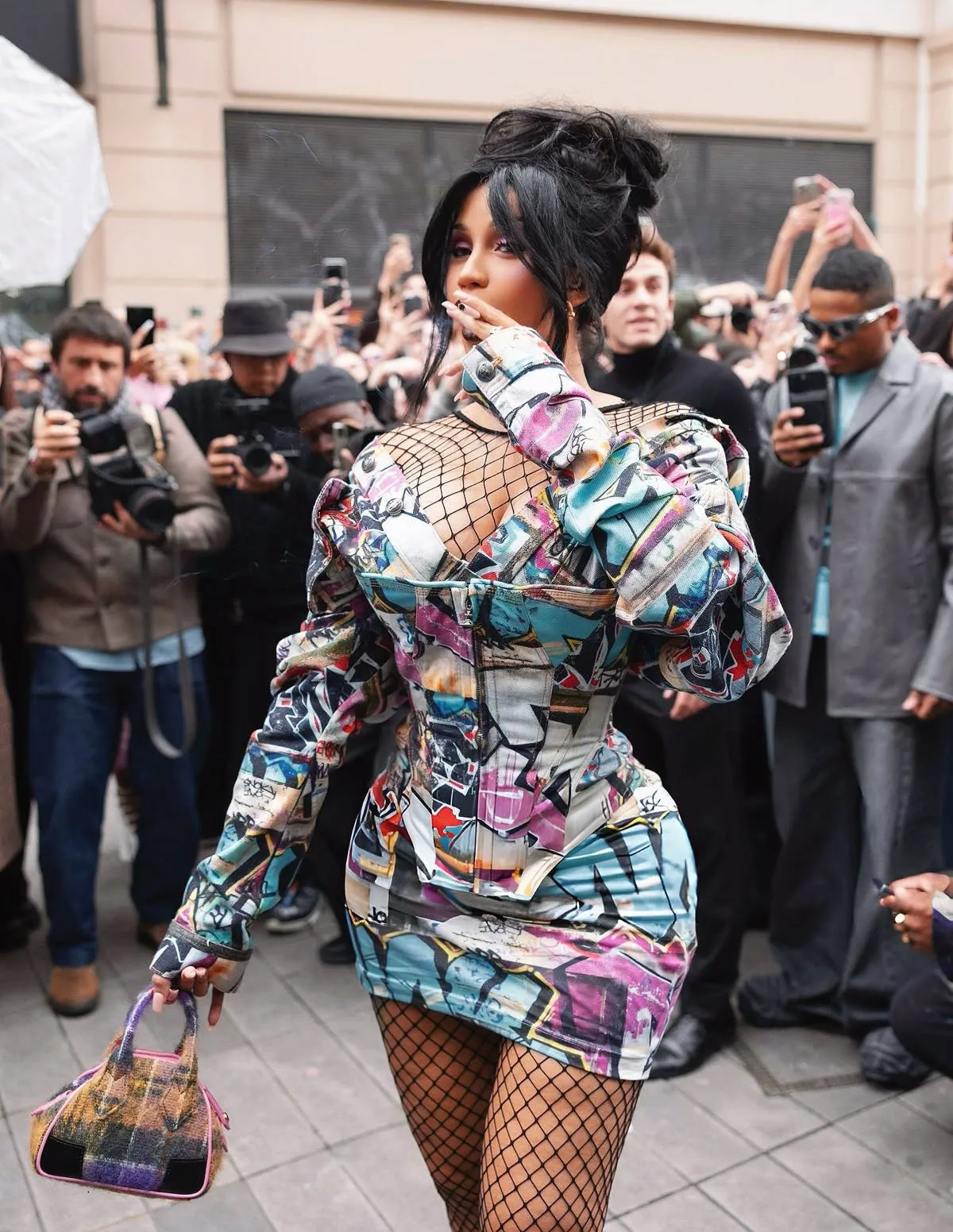
The Shocking Truth Behind Why Cardi B Walked Away from the Super Bowl Halftime Stage
When it comes to cultural phenomena in the United States, few events carry the same level of anticipation, spectacle, and star power as the Super Bowl Halftime Show. Every year, millions of viewers tune in, not only for the game but also for the larger-than-life musical performances that have become an institution in their own right. So when the news broke that Cardi B, one of the most recognizable figures in contemporary hip-hop, had turned down the opportunity to grace that stage, the entertainment world erupted with questions. Why would a performer at the peak of her popularity decline such a prestigious moment? The answer reveals a fascinating intersection of personal conviction, political consciousness, and the complex realities of the music industry.
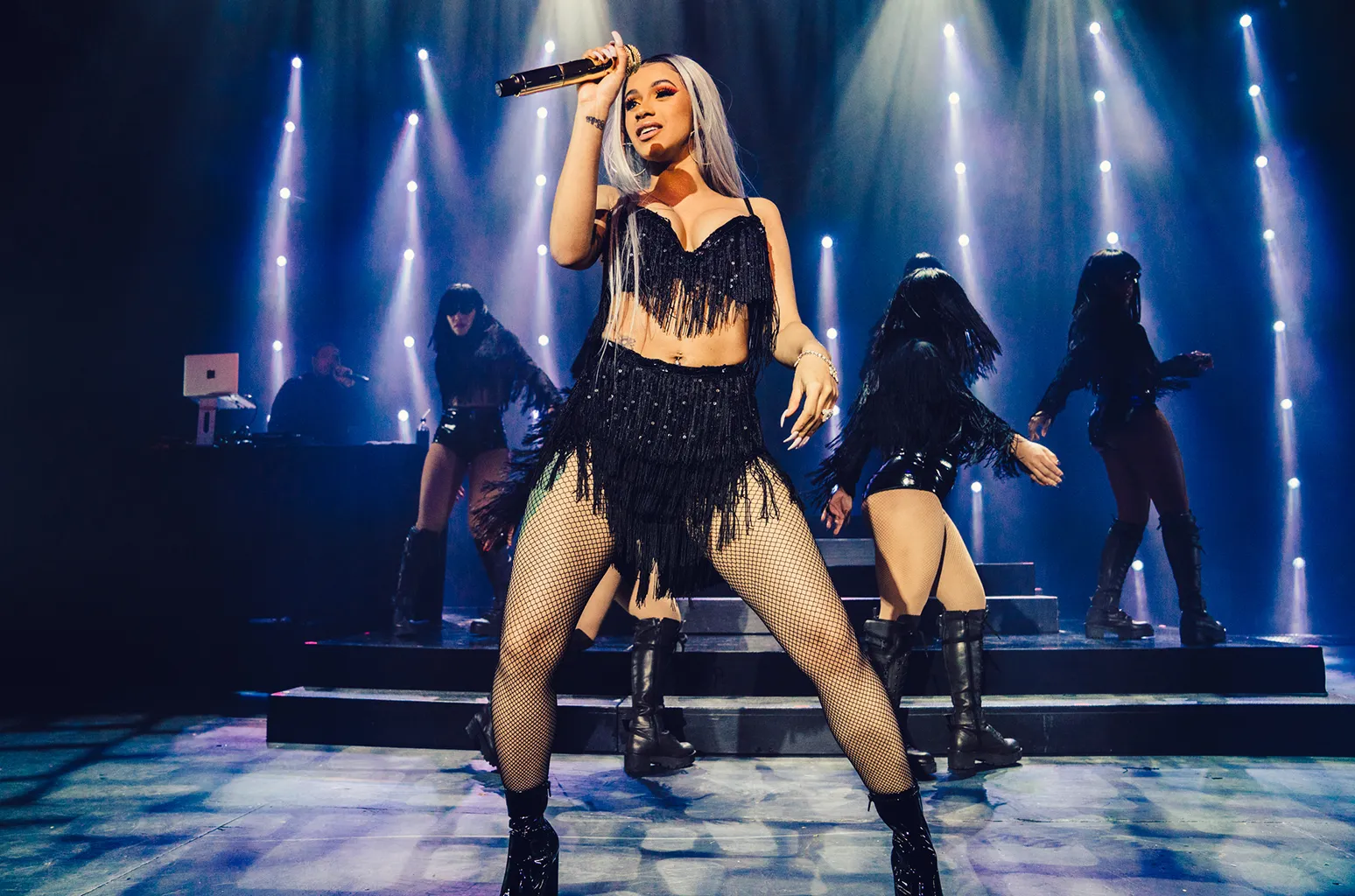
The Prestige of the Super Bowl Halftime Show
For decades, the halftime show has symbolized the ultimate platform for artists. To stand in front of millions of viewers—both live and broadcast across the globe—is often seen as the pinnacle of commercial validation. For performers like Michael Jackson, Beyoncé, or Shakira, the stage amplified their careers and cemented their legacies in pop culture history. With her rapid rise to stardom through hits like “Bodak Yellow” and “I Like It,” many assumed Cardi B would naturally seize the opportunity to showcase her artistry to a global audience. But her decision to walk away carried deeper meaning than mere career strategy.
Cardi B’s Loyalty to Colin Kaepernick
The crux of Cardi B’s decision was rooted in her support for Colin Kaepernick, the NFL quarterback who became both a lightning rod for controversy and a symbol of resistance when he began kneeling during the national anthem to protest racial injustice and police brutality. Kaepernick’s actions ignited a national debate that transcended sports, placing the NFL at the center of political and cultural tensions. When the league’s handling of his protest came under scrutiny, many artists began reevaluating their association with the Super Bowl.
Cardi B openly expressed her support for Kaepernick, making it clear that she could not, in good conscience, perform on a stage controlled by an organization many felt had silenced him. In interviews, she emphasized that while the platform was tempting, her values and loyalty were not for sale. The shocking truth is that her refusal was not about the music, the money, or the exposure—it was about standing firm in solidarity with a cause larger than herself.
The Clash Between Commercial Opportunity and Political Conviction
Cardi B’s choice highlights the broader tension faced by many artists in today’s world: the conflict between commercial opportunity and political conviction. The Super Bowl stage promised unparalleled visibility, sponsorship deals, and cultural clout. Yet, for Cardi, accepting the invitation would mean tacitly endorsing an institution that had been accused of punishing a Black athlete for taking a stand. By refusing, she demonstrated that not every opportunity should be pursued at the expense of integrity.
This act of defiance also reflects a changing landscape in celebrity culture. Fans today demand more than entertainment—they want authenticity, accountability, and courage from those in the spotlight. Cardi B, known for her unfiltered candor and outspoken nature, positioned herself as an artist who prioritizes truth over temporary acclaim.
Public Reactions and Media Frenzy
The announcement of Cardi B’s decision sent shockwaves through both the entertainment industry and mainstream media. Many fans praised her for taking a principled stand, hailing her as a role model who used her influence responsibly. On the other hand, critics argued that she had passed up a once-in-a-lifetime chance to elevate her career even further. Still, the overwhelming sentiment was that Cardi’s refusal illuminated the deeper politics at play in the entertainment world, where artists must often balance artistry with activism.
The media frenzy surrounding her decision also underscored how the Super Bowl is no longer just a sporting event—it has become a stage where America’s cultural and political debates collide. Cardi B’s withdrawal ensured that conversations about race, justice, and freedom of expression remained firmly in the public consciousness.
Cardi B’s Rising Influence Beyond Music
Another layer to this shocking truth is that Cardi B’s influence extends far beyond her music. By refusing the halftime show, she solidified her role as a cultural commentator and activist. Known for speaking openly about politics, social justice, and everyday struggles, she has consistently proven that her voice carries weight in discussions outside the music industry.
Her refusal also resonated with younger generations, particularly those who admire her unfiltered authenticity. For them, Cardi B represented more than just catchy songs; she embodied the idea that artists have the power—and perhaps the responsibility—to influence change.
The Legacy of Protest and the Halftime Stage
Cardi B’s stance cannot be separated from the long history of artists using their platforms to challenge power. From musicians during the civil rights era to modern-day performers who weave political commentary into their art, the intersection of music and activism has always been present. The Super Bowl, given its massive visibility, is especially charged as a cultural battleground.
When other artists like Rihanna and Jay-Z also declined to perform around the same period, it became clear that this was not an isolated act of resistance but part of a larger movement. Cardi B’s participation in this wave of refusal amplified its significance. She was not just rejecting a gig—she was joining a lineage of artists who understood that sometimes the most powerful performance is silence.
The Business Implications for the NFL
The NFL, for its part, faced immense pressure due to high-profile rejections from artists. Cardi B’s absence from the halftime show was not just a cultural blow but also a business one. Advertisers, sponsors, and networks rely on the star power of halftime performers to drive ratings and engagement. When major artists decline, it signals to audiences and brands alike that the league’s controversies cannot be ignored.
This placed the NFL in an uncomfortable position, forcing it to confront the very issues it had sought to sidestep. In this way, Cardi B’s refusal became part of a larger ripple effect that reshaped how entertainment institutions engage with sociopolitical issues.
Cardi B’s Unapologetic Authenticity
What makes Cardi B’s choice especially shocking is that it aligns perfectly with her personal brand of unapologetic authenticity. From her candid Instagram posts to her willingness to speak her mind without filter, she has cultivated an image that rejects pretension. Walking away from the halftime stage was a natural extension of that ethos. It was Cardi B being Cardi B: unafraid, outspoken, and unwilling to compromise her values.
Her refusal also shattered the assumption that every artist dreams of the Super Bowl spotlight. By saying no, she challenged the narrative that success is defined by conformity to mainstream milestones. Instead, she asserted that true success lies in staying true to one’s beliefs, even when the stakes are sky-high.
The Future of the Halftime Show
Cardi B’s decision continues to reverberate in discussions about the future of the halftime show. It raised important questions: Will the NFL be able to attract top-tier talent if it does not address the concerns of socially conscious artists? Can the halftime stage remain a purely entertainment-driven spectacle in an age where politics and culture are inseparable?
For fans, the shocking truth is that Cardi B’s absence spoke louder than any performance could have. It reminded audiences that behind the glitz, the fireworks, and the choreography, the halftime show is also a site of negotiation over values, representation, and power.
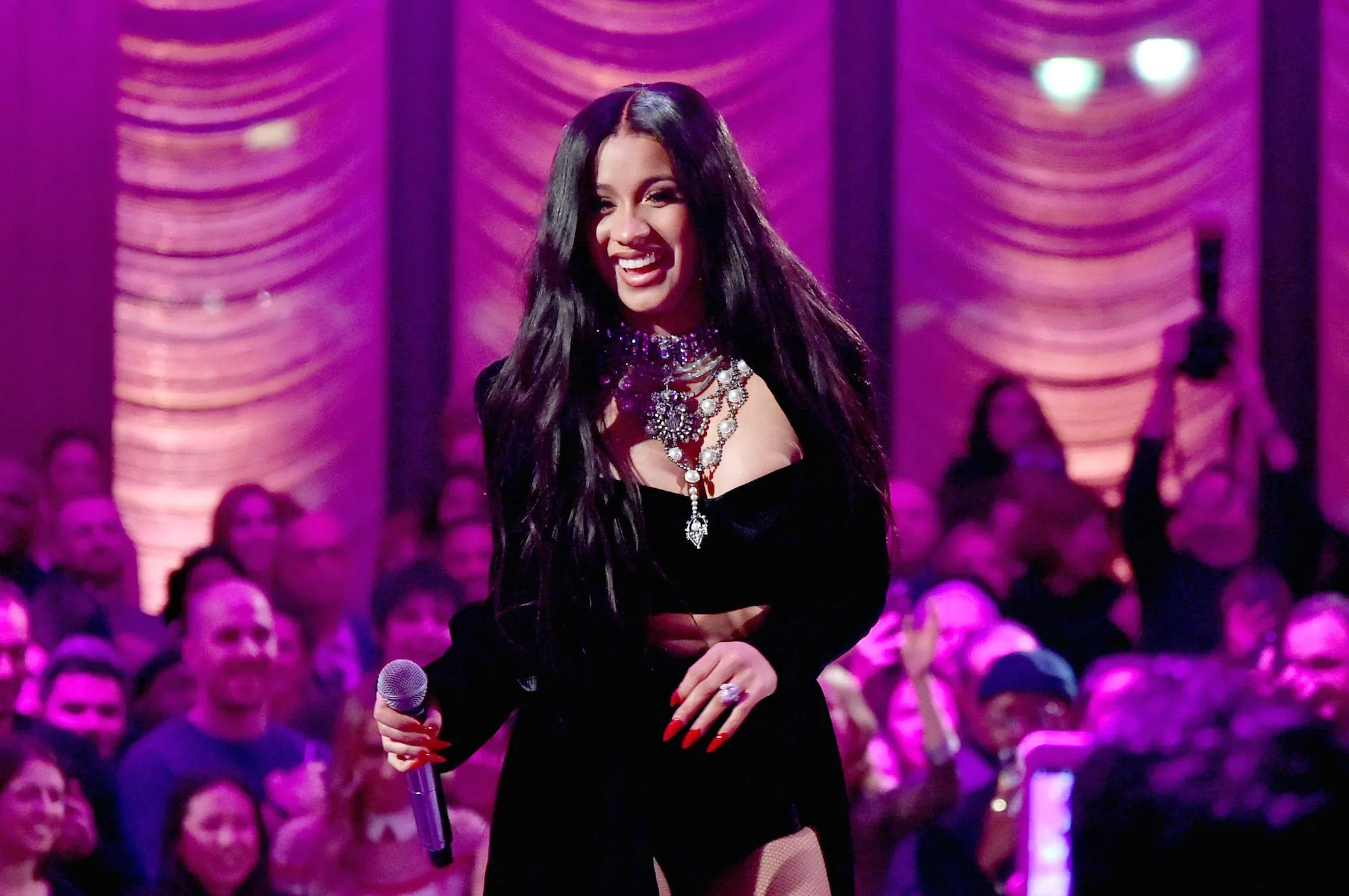
Conclusion: A Decision That Redefined the Stage
Ultimately, the shocking truth behind why Cardi B walked away from the Super Bowl Halftime Stage is not simply about protest—it is about principle. By prioritizing solidarity with Colin Kaepernick and refusing to lend her star power to an institution she felt was complicit in silencing dissent, Cardi B transformed what could have been just another performance into a defining moment of cultural resistance.
Her decision demonstrated that the most impactful acts in entertainment often happen offstage. In walking away, Cardi B elevated her influence, reshaped her narrative, and ensured that her legacy would be defined not just by chart-topping hits but by the courage to take a stand.
At a time when fame often demands compromise, Cardi B’s refusal remains a reminder that authenticity, integrity, and conviction can shine brighter than the Super Bowl lights.








